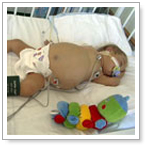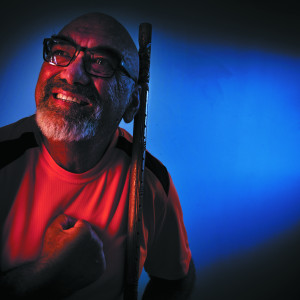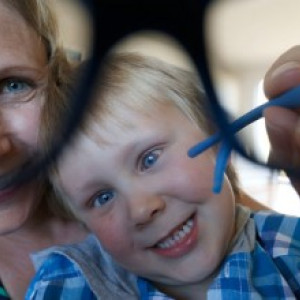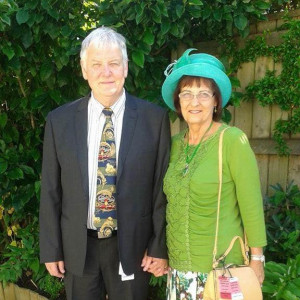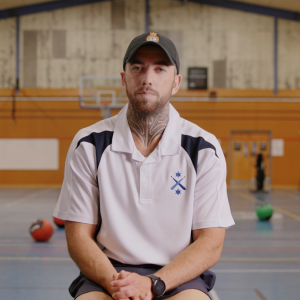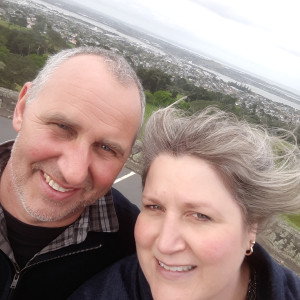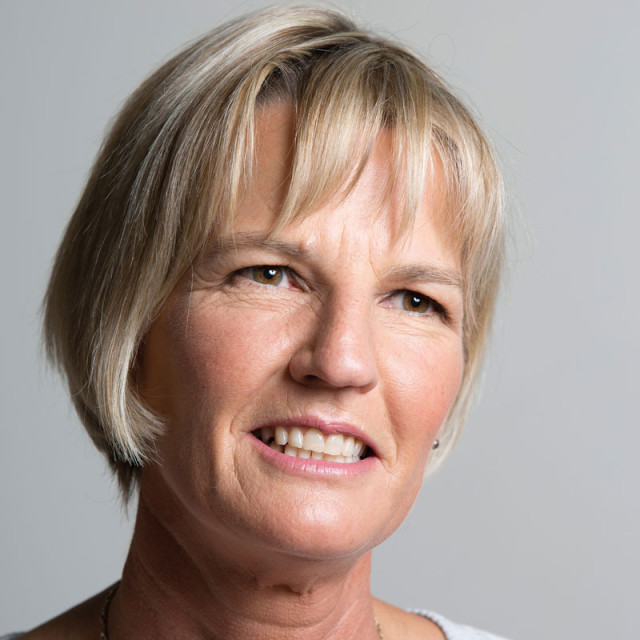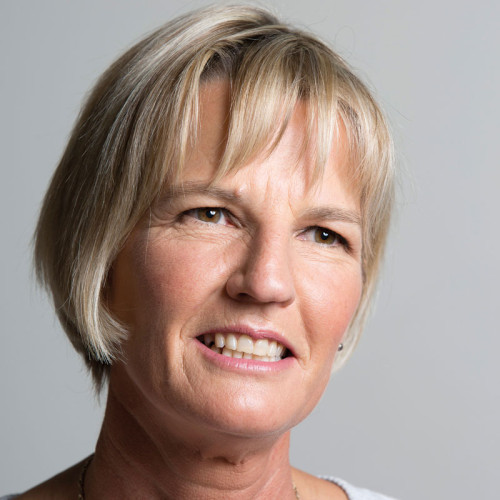Diagnosed with Biliary Atresia (a rare condition found in babies where the bile-ducts coming off the liver are missing or incomplete), Ruby underwent a medical procedure at the age of five weeks. She recovered quickly, losing her jaundiced appearance and gaining weight.
"She looked fantastic then, it was quite miraculous." Mel says.
The miracle lasted until Ruby was five months old and became sick again. A nasal-gastric tube was inserted to enable Ruby to gain weight, medical procedures were ruled out and the little girl was assessed for a liver transplant.
"Usually kids come home after assessment and wait there, Ruby was very unwell so she stayed in hospital for four months," says Mel. "She was bright yellow due to the build-up of bile in her system".
"Ruby couldn't roll over or move her torso easily and we couldn't pick her up without causing her discomfort in the form of vomiting or compromising her breathing. She had this great swollen belly, she'd lie in her cot with her arms raised above her head and her body bent backwards like a banana to give her lungs room to breathe. Her liver had grown to the size of a fourteen year old's and was severely fluid-overloaded. It was heartbreaking not being able to pick her up easily and comfort her."
Things deteriorated rapidly with Ruby suffering a number of respiratory arrests culminating in two severe arrests within an hour. Ruby was transferred to intensive care on complete life-support. At nine months old she was the size of a three month old.
"The intensivists told us we should get our families in as it was unlikely Ruby would survive. She just looked so awful - a tiny little baby with this huge, distended tummy. Her eyes were swollen shut, she was covered in wires and tubes and connected to machines, it wasn't our Ruby anymore." Mel says.
Ruby fought on, amazing the specialists and delighting her parents. After three days in intensive care, Mel and David received a phone call from the Donor Co-ordinator. There was a donor liver on it's way from Australia. [The two countries have a reciprocal organ donation agreement in emergency situations]. The donor was an 18 year old male.
Ruby went into surgery and, despite two post-operative setbacks [a bowel perforation followed by peritonitis], she went home just six weeks after her transplant.
"She now enjoys perfect liver function and has caught up physically and developmentally with her peers. "She's very bright and quite bolshie," laughs Mel. "She has so much energy which is an amazing contrast to the sick little girl she was."
Mel and David share Ruby's story as often as they can, speaking to as many people as possible regarding the importance of organ donation.
"I often ask other parents if they would allow their child to have an organ transplant if it was needed, the answer is always yes-to which I then say 'Okay, so you'd accept an organ, but would you donate one?' that really gets them thinking."
"But to me it's simple - if you're prepared to take then it's only right that you should be prepared to give," Mel says.
